Underrated GL series deserve more than silence. These overlooked stories carry depth, heart, and boldness that popularity alone can’t measure.

In a world where view counts decide what matters, it’s easy to confuse popularity with quality. However, underrated doesn’t mean invisible. It means stories get overlooked and underappreciated, especially by those who needed them most.
When we say underrated GL series, we don’t mean unknown shows. Instead, we mean shows that deserved more: more reach, recognition, and credit for the risks they took. For example, some got hidden behind paywalls.
Moreover, others weren’t loud or flashy enough. A few dared to be different. Because of this, they fell outside what the algorithm favors.
Still, maybe this difference is what GL storytelling needs.
Even with quieter promotions, these series deliver strong messages. They explore themes like time travel, identity, and emotional depth. They show love without extra drama. Queerness without compromise. Growth that doesn’t rely on trauma.
We often say representation matters. Yet, which stories get attention matters too. If we only celebrate the most clickable shows, we risk shrinking the genre.
Therefore, it’s time to give these stories the second chance they deserve. This list is a quiet call to look again and value what was missed.
If you want something honest and moving, this list is for you. So, let’s celebrate the underrated GL series that deserve more than a glance.

Table of Contents
- This Isn’t Just Romance: It’s Reinvention
- 1. Reverse 4 You: When Love Is Smarter Than Fate
- 2. Petrichor: A GL That Dares to Go Dark
- 3. Reverse with Me: Love Isn’t Linear Anymore
- 4. 23.5: Queer, Cute, and Quietly Brave
- 5. Us: No Drama? Still Worth Watching
- 6. Love Senior: Why Is No One Talking About This?
- Underrated GL Series = Undervalued Art
- What Makes Something “Underrated,” Anyway?
This Isn’t Just Romance: It’s Reinvention
Tired of soft-lit glances in crowded cafeterias? Same here. Indeed, the most underrated GL series aren’t afraid to move beyond high school crushes and formulaic tension. Instead, they dare to imagine queer love stories rooted in sci-fi, thriller, and layered emotional landscapes.
Furthermore, these series don’t treat queerness as a twist. It’s the core, woven into characters who are messy, uncertain, and evolving. That’s why the reinvention begins not by ignoring romance but by allowing it to stretch into new shapes, shapes that hold grief, time, power, and contradiction.
For example, some of these shows play with genre the way others play with tropes: time travel, medical drama, psychological thriller. As such, not everything fits neatly into a box, and that’s the point. In a media culture that still expects queerness to be palatable or sanitized, these narratives embrace discomfort.
Admittedly, they’re not perfect. Some feel rushed, and others lean too much on mood. Nevertheless, all of them trust the viewer to fill in the silence, to sit with what’s unresolved. They don’t spoon-feed sentimentality. Instead, they allow space for questioning, for ambiguity, and for something real.
Perhaps that’s why they don’t go viral. They’re too quiet for the algorithm, too complex for a 30-second clip. However, for those who find them, they resonate deeply because they see us in ways we’re not used to being seen.
So, when we say “underrated,” maybe we’re also saying “understood too early.” In fact, maybe they’re not underrated at all. Rather, they’re just ahead of their time. These aren’t just GL love stories. Instead, they’re quiet revolutions, crafted with care, rich in meaning, and ready to be seen.

1. Reverse 4 You: When Love Is Smarter Than Fate
Reverse 4 You blends brains and heart with a story that goes beyond typical GL dramas. It uses time travel not as a gimmick but as a metaphor for love and fate’s twists.
Jattawa and her sister Vivi have powers connected to time. Jattawa controls it, and Vivi sees the future. Their bond adds depth beyond the romance, focusing on trust and family.
The slow-burning connection between Jattawa and P’Four feels natural and respectful. It avoids toxic drama and emphasizes mutual understanding.
This series stands out for refusing common GL clichés like jealousy or forced misunderstandings. Instead, it highlights love that is thoughtful and hopeful.
Unfortunately, Reverse 4 You hasn’t gotten enough attention, partly because it’s behind a paywall. That limits its reach compared to free GL shows.
For viewers who give it a chance, it offers a rich, refreshing take on queer love. It shows love as a choice, and sometimes the smartest choice.
This underrated GL series deserves more recognition and discussion. It’s a rare gem waiting to be discovered.
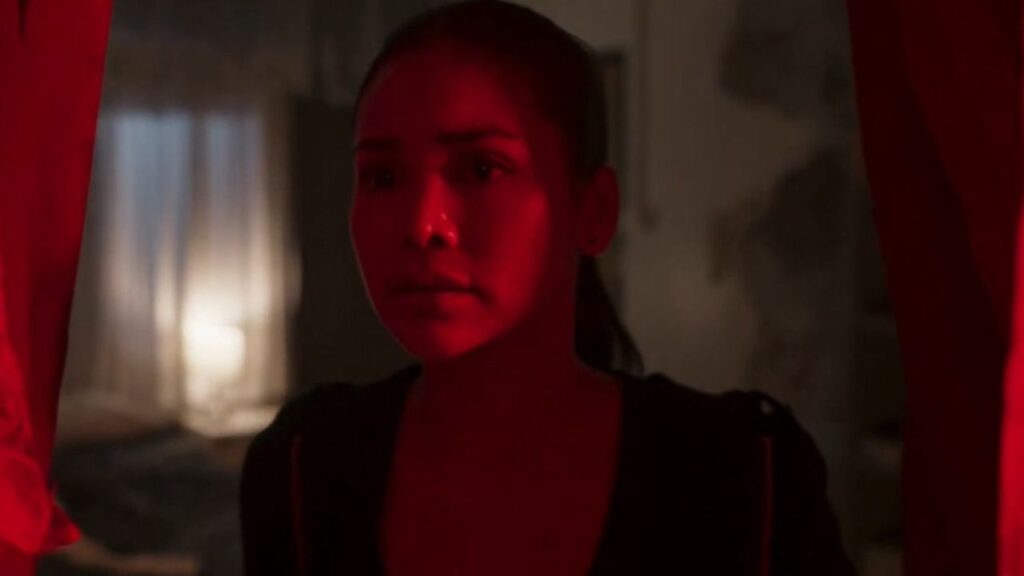
2. Petrichor: A GL That Dares to Go Dark
Petrichor breaks the mold of typical GL dramas by diving into a darker, more complex world. This isn’t just about cute moments or romantic tension. It’s a psychological thriller wrapped in a queer narrative.
Instead of centering solely on the romance, Petrichor weaves queerness seamlessly into a gripping crime story. The LGBTQ+ elements feel natural, part of a larger, intricate plot. It’s refreshing to see GL stories that expand beyond romance.
The series explores themes of trauma, justice, and moral ambiguity. Characters wrestle with their pasts and choices in a world that’s often unforgiving. This adds layers rarely seen in GL dramas.
Acting and production shine, enhancing the tense, atmospheric mood. The subtle direction invites viewers to engage deeply, not just passively watch. It challenges us to look beyond surface-level drama.
Some viewers might find Petrichor unsettling or even “too dark” compared to lighter GL fare. But that’s precisely its strength because it trusts the audience to handle complexity without sugarcoating reality.
Unfortunately, Petrichor’s availability on paid platforms limits its exposure. Plus, its genre blend might alienate traditional GL fans expecting romance-focused stories.
Still, this underrated GL series offers something bold and necessary: a mature, genre-defying take that proves GL can grow up without losing its soul. It’s a must-watch for those craving depth and innovation in queer storytelling.

3. Reverse with Me: Love Isn’t Linear Anymore
Reverse with Me takes the story from its predecessor and deepens the emotional stakes. This series doesn’t follow a straight path; instead, it twists through time and memory with haunting beauty. Love here isn’t simple or predictable; it’s fragmented, layered, and complex.
The narrative centers on Kliaokhluen, saved years ago by Karan, a mysterious medical student with the power to manipulate time. Their reunion years later is anything but smooth. Karan’s cold, distant demeanor contrasts sharply with Kliaokhluen’s desperate hope for connection.
What makes Reverse with Me stand out is its refusal to sugarcoat emotional pain. The characters carry wounds that don’t heal neatly. Their relationship is a slow unraveling of secrets and regrets, forcing viewers to question: is being saved by someone enough to save a love that time has tested?
The series blends surreal elements with raw human emotion, crafting a narrative that feels both otherworldly and deeply grounded. The storytelling is deliberate, allowing moments of silence and tension to speak volumes.
Reverse with Me also challenges typical GL tropes by focusing less on drama and more on internal struggle and growth. It invites viewers to reflect on the nature of love, not just as an ideal but as a complicated and evolving force.
Though part of a trilogy, this installment can stand on its own as an exploration of love’s nonlinear path. It’s a quiet masterpiece that deserves more attention and appreciation from GL fans seeking depth beyond the usual romance.
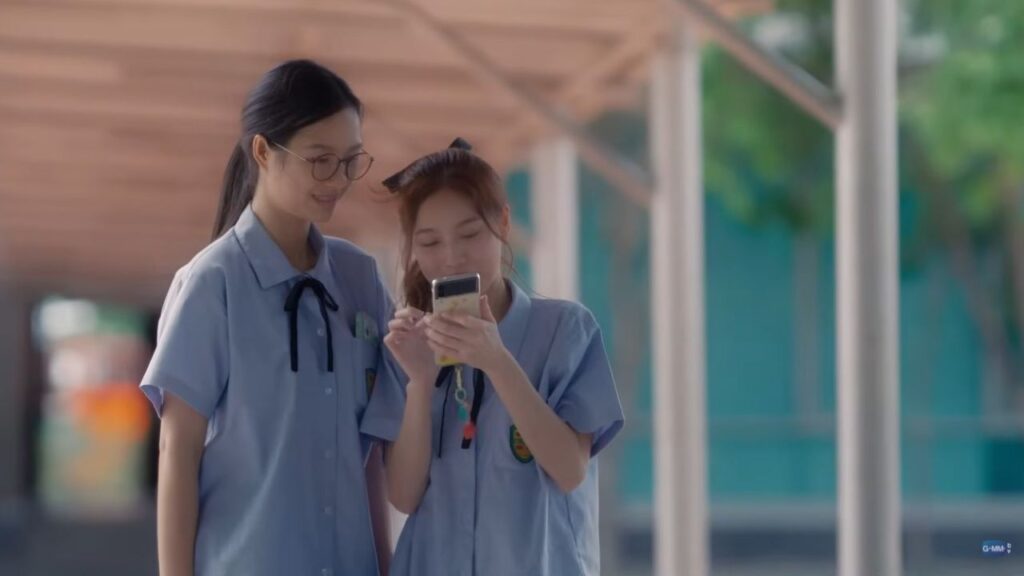
4. 23.5: Queer, Cute, and Quietly Brave
23.5 might seem like a gentle story on the surface, but beneath its soft glow lies a quiet courage. This teen GL series approaches themes of identity and self-discovery with tenderness and honesty. It’s a refreshing breath of fresh air for viewers who want a story that feels authentic without the usual dramatic peaks.
The plot follows Ongsa, a high schooler who unknowingly sparks a sweet misunderstanding when she sends a message to her cheerful classmate Sun using an Instagram name that sounds masculine.
Sun believes Ongsa is a boy, and instead of correcting the mistake, Ongsa decides to keep the secret. This small choice opens a door to exploring friendship, attraction, and the confusing moments of coming out.
What makes 23.5 stand out is its respect for the nuances of teenage life. It doesn’t rely on heavy conflict or sensationalized drama. Instead, it captures the subtle shifts in feeling, the excitement, the fear, and the hope that comes with finding your place. For many, this approach feels more real and relatable than more traditional GL fare.
The series is especially valuable for anyone navigating their own identity or supporting others who are. Its portrayal of queerness is gentle, realistic, and free of judgment. 23.5 quietly champions the bravery it takes just to be yourself in a world that often demands conformity.
For those who want a heartfelt, low-key exploration of young love and self-acceptance, 23.5 is a must-watch underrated GL series that deserves more eyes on it. It’s proof that sometimes the softest stories leave the strongest marks.
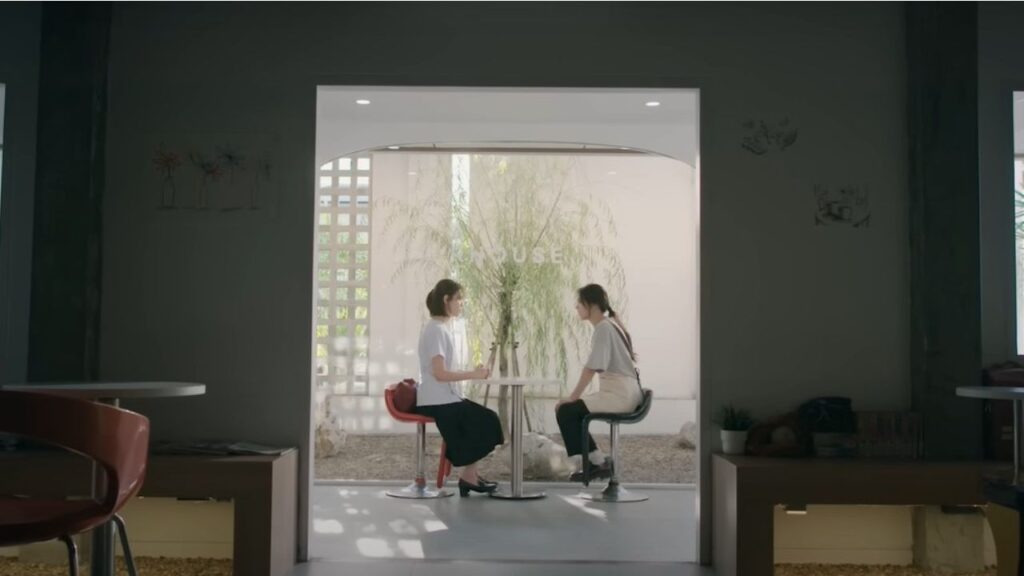
5. Us: No Drama? Still Worth Watching
In a genre often filled with intense emotions and complicated love triangles, Us stands out for its refreshing emotional balance. It doesn’t chase drama or toxic tension. Instead, it offers a calm, sincere look at relationships that grow naturally, without forced conflict or heartbreak.
This might be why Us is an underrated GL series. It’s too healthy for some viewers, but that’s exactly what makes it special. The story follows Dokrak, a young woman taking a gap year to figure out who she really is. Working part-time at a cozy coffee shop, she crosses paths with Pam, a dentistry student who becomes a regular.
Their connection blossoms slowly and realistically, weaving in everyday moments and the awkwardness of first crushes. When Dokrak’s brother falls for Pam, things get complicated, but not in the typical GL melodrama way. Instead, the story focuses on honesty, communication, and growing emotional maturity.
Us challenges the assumption that queer stories must be filled with turmoil to be engaging. It proves that calm, supportive, and healthy relationships can be just as compelling. Sometimes, the absence of drama is a breath of fresh air. It allows us to see love as it could be: respectful, kind, and evolving.
This series deserves more recognition for its subtle yet powerful storytelling. If you’re tired of high-stakes drama and crave something gentle yet meaningful, Us is the underrated GL series to watch. It reminds us that love doesn’t always have to hurt to be real.

6. Love Senior: Why Is No One Talking About This?
Love Senior deserves a spotlight, yet somehow it slips under many viewers’ radars. It’s not just another college romance. Instead, it dives into the messy, thrilling experience of growing up, complete with hazing rituals, friendship bonds, and the awkward, exciting first sparks of love.
The story follows Manaow, a determined freshman in electrical engineering, who finds herself paired with Gyoza, the cool and mysterious head hazer. What starts as a challenge quickly turns into a connection full of real chemistry and emotional depth. Their dynamic feels authentic, far from the usual clichés.
What makes Love Senior stand out is how it balances humor, tension, and tenderness. It’s fun without being frivolous, and romantic without falling into predictable traps. The characters grow with each episode, learning not just about each other but about themselves.
This series also shines because of its strong performances. Anda as Manaow and Lookkaew as Gyoza bring their roles to life with nuance and warmth. Their portrayals give the show an emotional punch that stays with you long after the credits roll.
Plus, there’s a sequel, Love Senior Special, which continues the story beyond campus life. It explores how love evolves as the characters face new challenges and responsibilities. The sequel proves this isn’t just a one-time college fling; this is a deep, ongoing journey.
Love Senior isn’t just a series to watch. It’s a story to experience. And it’s definitely an underrated GL series that more people should be talking about.
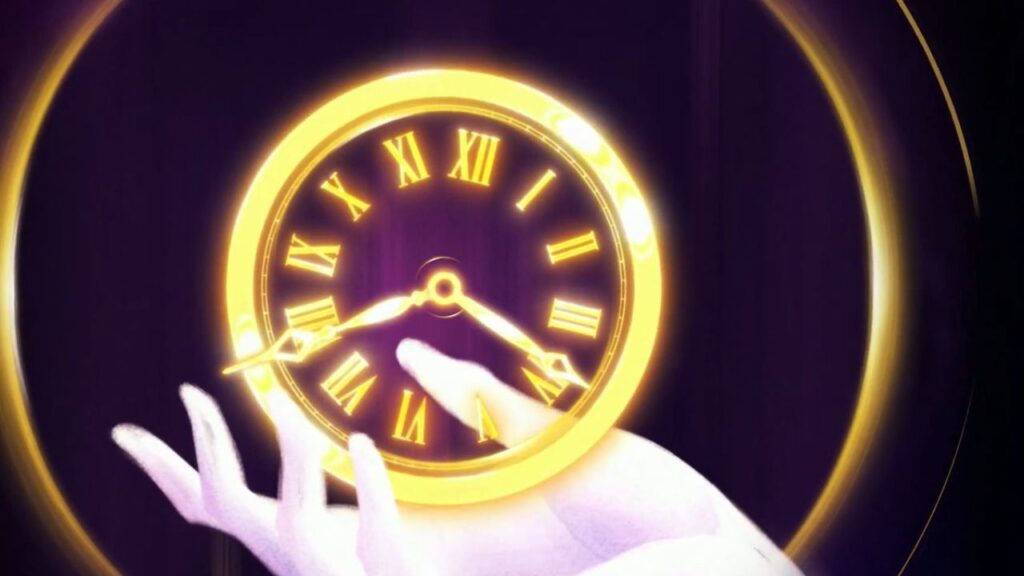
Underrated GL Series = Undervalued Art
Why do we keep praising the same popular GL titles while others get overlooked? This is a question worth asking.
Many underrated GL series face problems beyond just storytelling. They often have limited distribution, appear on niche platforms, or face language barriers. Because of this, fewer people get the chance to discover them, even when these shows offer something fresh and important.
But the real problem isn’t only limited access. Many of these series quietly push the boundaries of the genre and expand what GL stories can be.
They do more than just show romance. They explore identity, mental health, social pressures, and complex relationships with care and depth. These series challenge common formulas and invite viewers to see love and life in new, surprising ways.
Underrated GL series are often hidden gems. Their creators take risks with stories, characters, and visuals. They avoid easy tropes and predictable plots. Instead, they build worlds where emotions feel real, and characters grow in ways that truly connect with us.
When we overlook these shows, we miss a richer, more diverse view of queer experiences. Ignoring underrated GL series limits the genre’s growth and the important conversations it can start. Recognizing these series as valuable art helps us open our minds and appreciate all the different stories out there.
So next time you look for GL content, try exploring beyond the popular choices. There are many underrated gems waiting to change how you see love, identity, and storytelling itself.
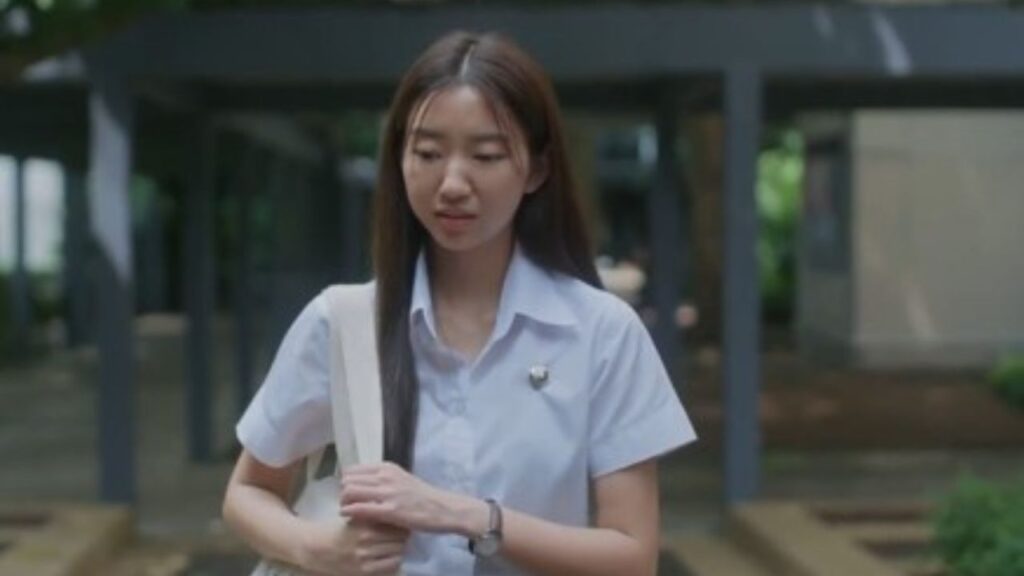
What Makes Something “Underrated,” Anyway?
The word “underrated” gets used a lot, but what does it really mean for GL series? It’s not just about numbers or popularity.
A show can fly under the radar and still have a strong impact on those who watch it. Less hype does not mean less vision. In fact, many underrated GL series tell stories with deep meaning, complexity, and real emotion, qualities often lost in mainstream noise.
Often, visibility depends on big marketing budgets, wide platform reach, or viral moments. When a show lacks those, it must rely on strong storytelling to connect with viewers. This is where many underrated GL series stand out. They may not have millions of fans or lots of buzz, but they create stories that stay with you long after the credits end.
Maybe the problem is that both the industry and audience focus too much on popularity over substance. It’s easier to praise what everyone watches than to support hidden gems that need patience and care. But if we valued depth as much as popularity, it could change how we enjoy and celebrate GL content.
These underrated series ask us to slow down and notice subtle feelings and complex characters. They offer more than romance; they show real human experiences through queer perspectives that deserve attention.
So what if “underrated” just means we haven’t caught up yet? These stories might be waiting for the right moment and audience to truly shine. Maybe it’s time to look past the hype and give these series the attention they deserve.
Let’s Talk: And Rewatch
Seen any of these? Felt overlooked gems missing from the list?
Let’s give these underrated GL series the love they earned.

Featured image: Promotional still courtesy of IQIYI.



